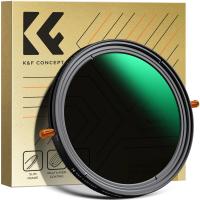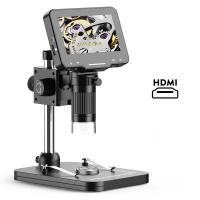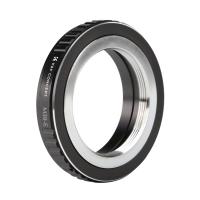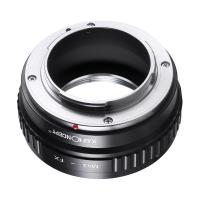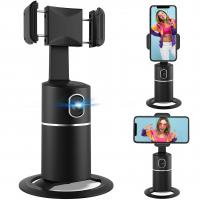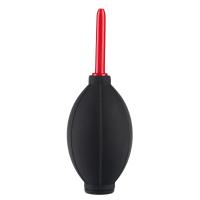Can We Use Projector As Tv?
In today's fast-paced world, technology is constantly evolving, offering us new and innovative ways to enjoy our favorite forms of entertainment. One such innovation is the use of projectors as an alternative to traditional television sets. This concept has gained significant traction in recent years, and many people are curious about whether they can effectively use a projector as a TV. In this article, we will explore the various aspects of using a projector as a TV, including the benefits, potential drawbacks, and practical considerations to help you make an informed decision.
The Appeal of Using a Projector as a TV
1. Larger Screen Size
One of the most compelling reasons to use a projector as a TV is the ability to achieve a much larger screen size compared to conventional televisions. Projectors can easily project images ranging from 60 inches to over 100 inches, providing a more immersive viewing experience. This is particularly appealing for movie enthusiasts, sports fans, and gamers who want to feel like they are part of the action.
2. Space-Saving Design
Projectors are generally more compact and lightweight than traditional TVs, making them an excellent choice for those with limited space. They can be mounted on the ceiling or placed on a shelf, freeing up valuable floor space. Additionally, when not in use, a projector can be easily stored away, unlike a bulky TV.
3. Versatility
Projectors offer a high degree of versatility in terms of placement and usage. They can be used in various settings, such as living rooms, bedrooms, or even outdoor spaces for movie nights under the stars. Many projectors also come with multiple input options, allowing you to connect various devices such as streaming sticks, gaming consoles, and Blu-ray players.
4. Cost-Effectiveness
While high-end projectors can be expensive, there are many affordable options available that provide excellent picture quality. When considering the cost per inch of screen size, projectors often offer better value for money compared to large-screen TVs. Additionally, the cost of projector screens is relatively low, and some people even use a blank wall as a screen.
Potential Drawbacks of Using a Projector as a TV
1. Ambient Light Sensitivity
One of the main challenges of using a projector as a TV is its sensitivity to ambient light. Projectors generally perform best in dark or dimly lit environments. In rooms with a lot of natural light, the image quality can be significantly diminished, making it difficult to see the projected content clearly. This can be mitigated by using blackout curtains or investing in a high-lumen projector designed for bright rooms.
2. Maintenance and Lifespan
Projectors require regular maintenance to ensure optimal performance. This includes cleaning the lens, replacing the lamp or bulb, and occasionally updating the firmware. The lifespan of a projector lamp is typically between 2,000 to 5,000 hours, after which it will need to be replaced. While LED projectors have longer lifespans, they can still be more maintenance-intensive compared to traditional TVs.
3. Audio Considerations
Most projectors come with built-in speakers, but the audio quality is often subpar compared to dedicated TV speakers or sound systems. To achieve a better audio experience, you may need to invest in external speakers or a soundbar. This adds to the overall cost and complexity of the setup.
4. Setup and Installation
Setting up a projector can be more complicated than simply plugging in a TV. You need to consider factors such as the throw distance (the distance between the projector and the screen), the screen size, and the placement of the projector to avoid obstructions. Ceiling mounting may require professional installation, adding to the initial setup cost.
Practical Considerations for Using a Projector as a TV
1. Choosing the Right Projector
When selecting a projector to use as a TV, consider factors such as resolution, brightness (measured in lumens), contrast ratio, and connectivity options. For a true TV-like experience, opt for a projector with at least 1080p resolution and a brightness level of 2,000 lumens or higher. If you plan to use the projector in a well-lit room, a higher lumen rating will be necessary.
2. Screen Options
While a blank wall can serve as a makeshift screen, investing in a dedicated projector screen can significantly enhance the viewing experience. Screens come in various types, including fixed-frame, pull-down, and motorized options. Consider the size of the screen, the gain (reflectivity), and the aspect ratio to match your projector's specifications.
3. Audio Setup
To address the audio limitations of built-in projector speakers, consider setting up an external audio system. This can range from a simple soundbar to a full surround sound system, depending on your budget and preferences. Ensure that the projector has the necessary audio output options to connect to your chosen audio equipment.
4. Room Environment
Creating an optimal viewing environment is crucial for using a projector as a TV. This includes controlling ambient light, arranging seating for the best viewing angles, and ensuring proper ventilation for the projector. Blackout curtains, dimmable lighting, and strategic furniture placement can all contribute to a better viewing experience.
Using a projector as a TV is a viable option that offers several benefits, including a larger screen size, space-saving design, versatility, and cost-effectiveness. However, it also comes with potential drawbacks such as sensitivity to ambient light, maintenance requirements, audio considerations, and setup complexity. By carefully considering these factors and making informed choices about the projector, screen, audio setup, and room environment, you can create an enjoyable and immersive viewing experience that rivals traditional televisions.
Ultimately, the decision to use a projector as a TV will depend on your specific needs, preferences, and living situation. Whether you're a movie buff looking for a cinematic experience at home, a gamer seeking a larger-than-life display, or simply someone who wants to maximize their living space, a projector can be a fantastic addition to your entertainment setup. With the right equipment and setup, you can enjoy all the benefits of a projector while minimizing the potential drawbacks, making it a worthwhile investment for your home entertainment needs.






